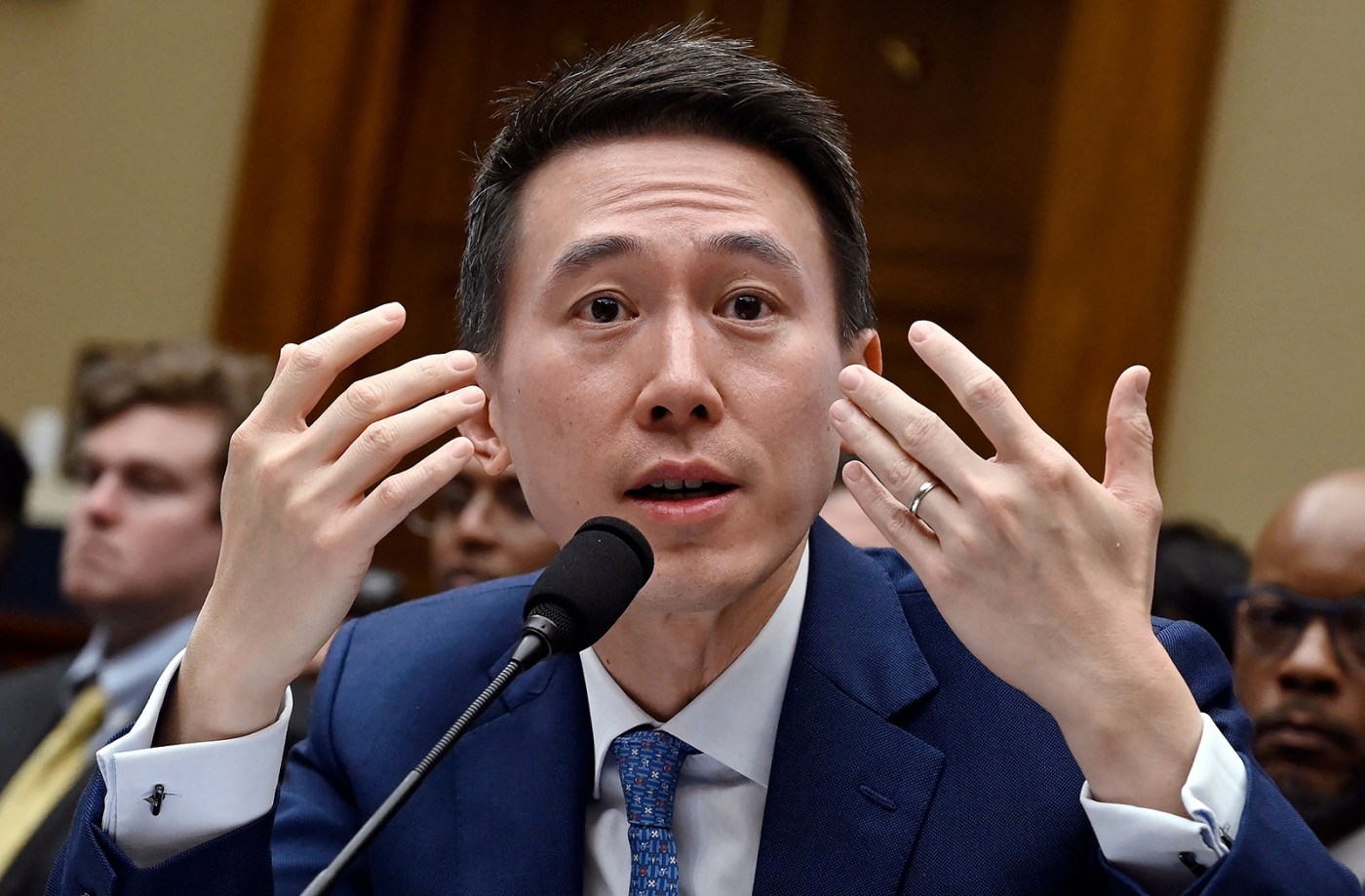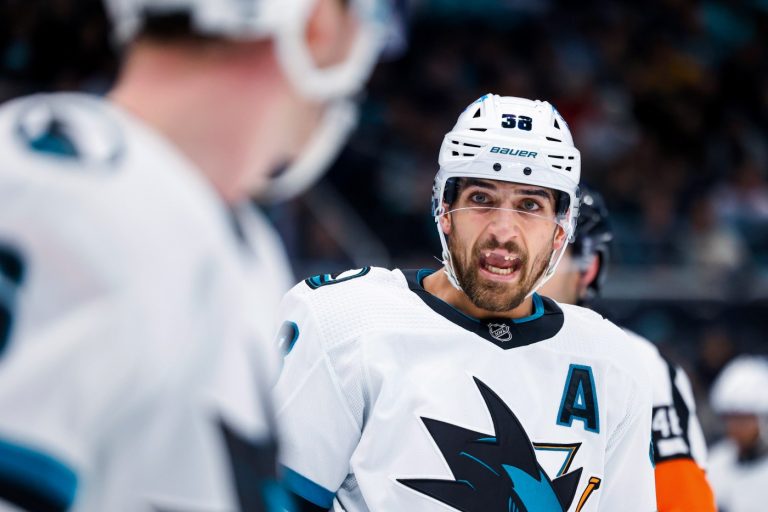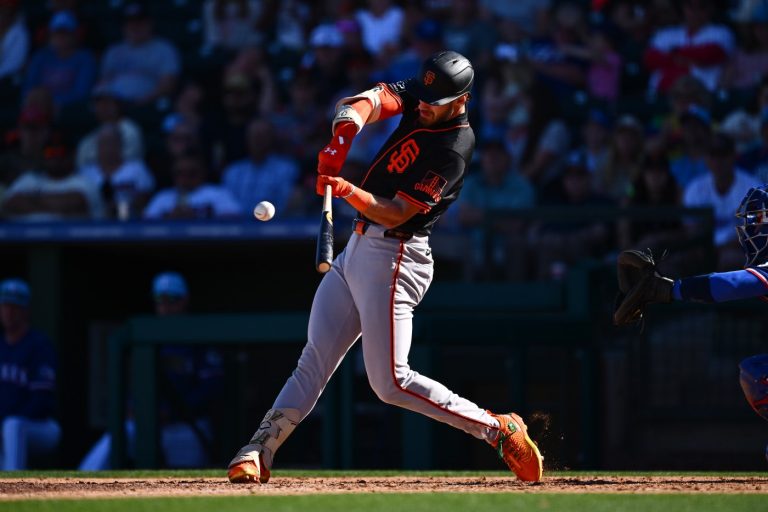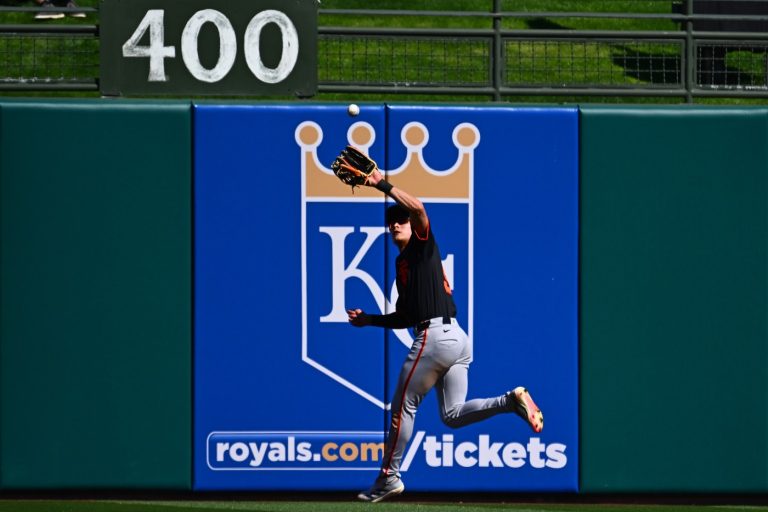August Brown | Los Angeles Times (TNS)
LOS ANGELES — In November 2022, Isimeme Udu uploaded the song that changed her life. The singer, who performs as Hemlocke Springs, was stressing about her medical studies at Dartmouth when she dropped her synth-pop track “Girlfriend” onto TikTok. Its lo-fi élan immediately found an audience.
Within hours, Grimes commented with high praise, and fans clamored for the new “awkward Black girl anthem,” as many described it. Millions of plays later, Udu finished her degree and became a touring sensation — she opened for Muna at the Greek Theatre and, this summer, will open Doja Cat’s European arena tour.
“When it came to music, I thought it was just unattainable,” Udu said. “People talk about getting a foot in the door, but I didn’t even know what the door was. Days later, people were stopping me on campus asking ‘Are you Hemlocke?’ “
Udu is grateful for the opportunity the app offered. “I’ve been so lucky to meet so many cool people who I never thought would know me,” she said. “But that can’t be at the expense of doing the thing that made you popular. I had a viral moment, but I had to say, ‘Don’t lose yourself, because that’s only going to be temporary.’ “
She was right. TikTok’s status as music’s hit-making force suddenly looks less certain.
In February, Universal Music Group, the largest record label conglomerate in the world, pulled its catalog from TikTok. Videos using music from Taylor Swift or Bad Bunny suddenly fell silent. After a contentious U.S. House Committee on Energy and Commerce hearing about ByteDance, the app’s Chinese parent firm, and its potential risks for data security and political influence, the House overwhelmingly passed a bill in March that could force a sale or ban TikTok (President Joe Biden has said he’s open to signing that bill). The Senate has held closed-door meeting on the topic, and TikTok urged its users to contact Congress to protest.
Representatives for TikTok declined to make executives available for an interview. But given the existential threats to the app, musicians are wondering whether they need a Plan B.
“I didn’t start out with connections, and that moment opened up everything for me,” Udu said. “But music is why I’m here. I’m not a TikTok personality.”
TikTok began life as Musical.ly, an app to film oneself lip-syncing to songs. Interacting with pop music was a core function of TikTok. Fans and artists shared music they loved, grafting it onto videos showing their lives and ideas. It was a lifeline to friends and culture during the pandemic.
Though the app is now a source of infinite types of content made by a billion users, countless songs — from Fleetwood Mac’s “Dreams” to Kylie Minogue’s “Padam Padam” — found new life there. In a new report, TikTok said that 56% of users began listening to a new musician or podcast after watching a TikTok video.
But TikTok’s benefits to the music industry were primarily in exposure, not money. Despite earning around $18 billion annually in ad revenue (in large part through videos that use licensed music), one study estimated that TikTok only pays out $400 million annually to all music rights holders. Unlike Spotify, which pays fixed royalty rates per stream, TikTok pays a flat fee to labels as a kind of blanket license.
UMG’s dispute with TikTok upended that agreement.
Related Articles
Review: ‘Tiger Style’ claws playfully at parenting issues
Channing Tatum and Jenna Dewan still locked in divorce battle over Magic Mike money
Review: In ‘Princess Peach: Showtime!’ a Mario supporting character gets a starring role
Nicole Brown Simpson’s kids were with O.J. Simpson when he died
Meghan and Prince Harry have two new Netflix shows in production
In a January open letter announcing the threat of a pullout, UMG said that “TikTok proposed paying our artists and songwriters at a rate that is a fraction of the rate that similarly situated major social platforms pay …Ultimately TikTok is trying to build a music-based business, without paying fair value for the music. TikTok’s tactics are obvious: use its platform power to hurt vulnerable artists and try to intimidate us into conceding to a bad deal that undervalues music and shortchanges artists and songwriters as well as their fans.”
In a statement to The Times, TikTok said that “It is sad and disappointing that Universal Music Group has put their own greed above the interests of their artists and songwriters. Despite Universal’s false narrative and rhetoric, the fact is they have chosen to walk away from the powerful support of a platform with well over a billion users that serves as a free promotional and discovery vehicle for their talent. TikTok has been able to reach ‘artist-first’ agreements with every other label and publisher.”
In February, UMG followed through and pulled its enormous catalog — which included songs by Universal Music Publishing Group songwriters in addition to UMG recording artists — from TikTok. The ferocity of UMG’s actions surprised even major-label veterans.
“It was such a ballsy move,” said Sarah Flanagan, a former senior director of digital marketing at Columbia Records (which is not part of UMG). “TikTok hasn’t figured out a way to compensate artists or labels fairly for the amount of music that gets used. As great it’s been for music discovery, I hope this works, because TikTok’s system for compensating artists is either not good enough or they don’t care enough.”
Eugene Lee, the founder of ChannelMeter, a firm that handles payments to musicians and content creators across social platforms, said that TikTok could change the way it compensates musicians, but has little incentive to now.
“YouTube distributes an enormous chunk of its revenue to music rights. TikTok hasn’t prioritized that, so you have to ask, what are they prioritizing?” Lee said. (In 2022, YouTube paid about $6 billion to music rights holders). “Maybe they don’t want to be so dependent on music as an economic factor of their platform. Rights are a complex problem, but every year they say, ‘Oh, we’ll come to a fairer model next year,’ and labels just got fed up.”
Yet UMG’s sudden about-face, after years of accepting these terms, surprised other tech industry-watchers.
“ByteDance built this multibillion dollar company off of content including music. If UMG had said years ago that ‘you can’t do this,’ I’d say sure, you’re pissed because a company is growing off your music,” said Ed Zitron, a tech marketing executive and host of the insightfully skeptical podcast “Better Offline.” “But this just feels like rich people smacking each other in the face. Music needs TikTok more than TikTok needs UMG. TikTok has the leverage, and the only people suffering are musicians and customers.”
No one disputes TikTok’s importance for reaching younger audiences today. But insiders say the app’s well of instant virality could be drying up.
“The difference in 2024 is that there’s no clear cheat code to work TikTok’s algorithm anymore,” said Chris Berdine, an L.A.-based creative director who has worked on marketing campaigns for acts including Juice Wrld, Peso Pluma and the Chainsmokers. “We know that this platform is extremely important, but no matter what you try to do to hack it now, it’s never consistent. Influencers don’t carry the same weight as they once did.”
Some artists genuinely enjoy the creative tools of TikTok, and Berdine’s sympathetic to young artists’ conundrums around it. “This mandate to constantly churn out content for TikTok — are any of these timeless artists of the past that we admire participating in this? Absolutely not,” Berdine said. “But then you have younger artists that are like, ‘Of course that’s what you need to do’.”
Imogene Strauss is a creative director working on the rollout for Charli XCX’s album “Brat.” She’d be remiss not to prioritize videos on the digital platform where Charli’s fans gather.
“TikTok is is a huge and useful platform for most artists — it works really well for Charli,” Strauss said. “We’re in the middle of a big album campaign now, it would be devastating for our plan if a ban or licensing dispute happened.”
Charli XCX is on Atlantic, so the UMG pullout didn’t affect her. But the demands of cultivating an audience on TikTok take a toll too. Charli XCX recently posted a list of cringey marketing ideas for going viral on TikTok that she claims were sent to her team, like “Charli gets her nipples pierced at Claire’s” and “Charli gets caught shoplifting at a mall and leaks the CCTV footage.”
“TikTok stresses all artists out,” Strauss said. “It’s a constant and ruling platform that you have to feed now in addition to all the other other platforms. The amount of content that artists are expected to make would make your mind explode. She has lot of self-awareness about that, and with that post, she’s trying to not hide those pressures.”
For younger acts who have recently found viral fame there, their relationship to TikTok is as complicated as any romance they write songs about.
In 2022, the singer-songwriter Maddie Zahm released the single “Fat Funny Friend” on TikTok. The song is a painful lament for how she used feel about her body and relationships, and it was an instant smash there.
“When I posted it, my publisher called me and said, ‘Go check TikTok,’ and I saw so many people going through the same things,” Zahm said. The song’s earned nearly 30,000 fan video creations, and Zahm has 1.2 million followers there. In March, she played a packed El Rey Theatre show.
“TikTok directed my music to who it needed to go to,” Zahm said. “That song helped me heal and it resonated. That’s the most fulfilling part of being a musician.”
Yet she admits she’s limiting her time there. “Vulnerability isn’t something I can do all the time,” Zahm said. “I have to take breaks because I’m still growing a lot as a person, and those rushes of want for connection will come, but I never want to force it based on views or likes.”
Singer Zoë Hoetzel, who performs as Zolita, built a sizable following (500,000 followers) for her pithy quips on queer culture, alongside operatic videos for singles like “Bloodstream” and “Bedspell.” She’s grateful for TikTok’s ability to let her music videos reach “queer 14-year-olds in Kansas, that’s so exciting to me,” she said.
“But it is weird to be like ‘I wrote this powerful, vulnerable thing, and now I have to package it and perform emotion by sitting in my car and crying so that people will see me and listen,’” Zolita admitted. “It’s really interesting what you’ve got to do to get people to pay attention there. It’s hard to keep your sanity when it’s such a numbers game, and to be at the mercy of this platform when you’re promoting art.”
So what would happen if no one is at TikTok’s mercy anymore?
A government ban, or a dug-in conflict between the app, labels and publishing companies, would upend assumptions about how to grow an audience.
Such a day may be coming sooner than many expected. “My reaction to this briefing is that TikTok is a gun aimed at Americans’ heads,” Sen. Richard Blumenthal, D-Conn., told reporters after a classified Senate briefing on TikTok. “The Chinese communists are weaponizing information, but they are constantly, surreptitiously collecting from 170 million Americans and potentially aiming that information, using it through algorithms, at the core of American democracy.”
Shou Zi Chew, ByteDance’s CEO, said in recent congressional testimony that “I understand that there are concerns stemming from the inaccurate belief that TikTok’s corporate structure makes it beholden to the Chinese government or that it shares information about U.S. users with the Chinese government. This is emphatically untrue…Let me state this unequivocally: ByteDance is not an agent of China or any other country.”
For musicians and industry insiders, whose careers now depend on TikTok, they aren’t sure who to root for.
“Artists want their music on TikTok,” Strauss said. “It’s good promotion, and it sucks for those that aren’t there anymore. But artists should also be getting paid, and yet I’m not sure it would change that many things for artists themselves. I’m not saying TikTok is fundamentally good, but the only people suffering here are the artists.”
Zahm agrees. “It’s kind of heartbreaking, I’m friends with people that have worked really hard to write songs, and given that TikTok kind of runs the music industry, it sucks to tell them they’re not allowed to be on it,” she said. “I expected there to be a new thing someday, I just didn’t expect this limbo.”
Whatever TikTok’s ultimate intentions are for music, it is an effective means for artists to reach new fans, and there aren’t many others left.
Labels are trying to catch up — Warner Music Group recently announced its interest in buying Believe Music, the French parent firm of services like TuneCore that distribute independent and emerging artists (though the company later passed). “TikTok is one of the few things that does seem to touch real people,” Zitron said. “But this is a problem for all creative media now. Where do you go to discover new music? The value of a song has been reduced to nothing, and the people controlling the mechanisms are disconnected from the actual creativity.”
Columbia Records’ Flanagan said that a course correction was overdue.
“Artists should have unlearned having one platform being their main vehicle,” Flanagan said. “I knew people with massive Instagram audiences, and suddenly they change their algorithm and you can’t reach your followers. You have to make sure you have email, texting, Discord, Substack, all of that. Trends change so quickly, you need to be able to transfer your superfans to other platforms.”
“Is TikTok still useful? Of course. But it does make you wonder if it’s waned, or if they just have too much going on right now,” Lee said. “You can’t be completely dependent on one platform to break artists. We have to think of a world where the platform is the artist and fans will follow you.”
For someone like Hemlocke Springs, who used TikTok to succeed beyond her wildest dreams, she said she “feels for emerging artists, especially ones under UMG right now,” she said. “The music biz’s focus is on TikTok, and pulling that away from people sucks. But to solely rely on viral moments to push things off, that feels counterintuitive too.”
For her, the new killer app is a very old one — playing great live shows.
“I feel like touring is going to be an even bigger thing,” she said. “I’m going into these Doja shows assuming no one knows me, and the more I lean on that, the more it lights a fire under me.”
©2024 Los Angeles Times. Visit at latimes.com. Distributed by Tribune Content Agency, LLC.












